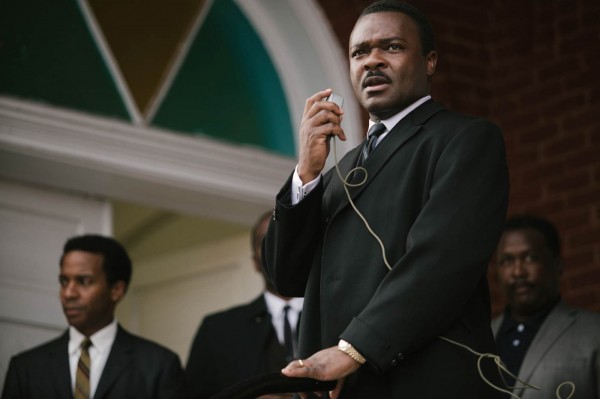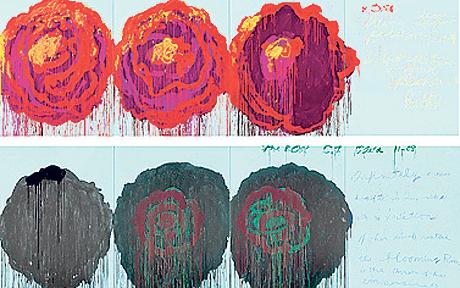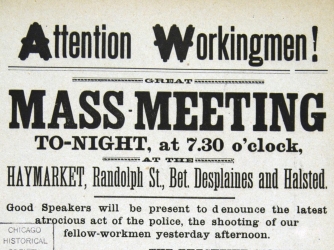
The Real Problem with Selma : It doesn’t help us understand the civil rights movement, the regime it challenged, or even the significance of the voting rights act
The victory condensed in the forms of participation enabled by the VRA is necessary—a politics that does not seek institutional consolidation is ultimately no politics at all—but not sufficient for facing the challenges that confront us in this moment of rampant capitalist offensive against social justice, but neither are the essentially nostalgic modalities of protest politics often proposed as more authentic than the mundane electoral domain. It is past time to consider Prof. Legette’s aphorism and engage its many implications. And that includes a warrant to resist the class-skewed penchant for celebrating victories won in the heroic moment of the southern civil rights movement as museum pieces disconnected from subsequent black American political history and the broad struggle for social justice and equality.










